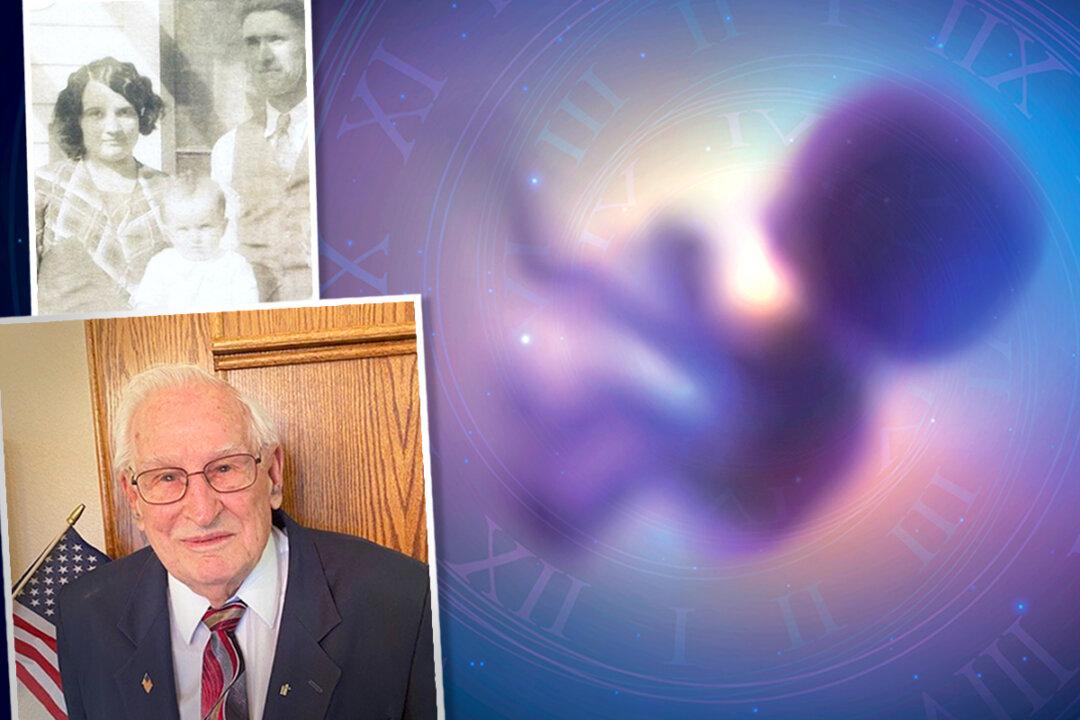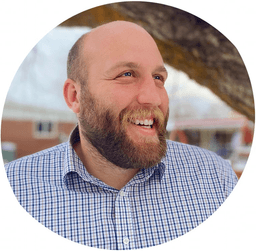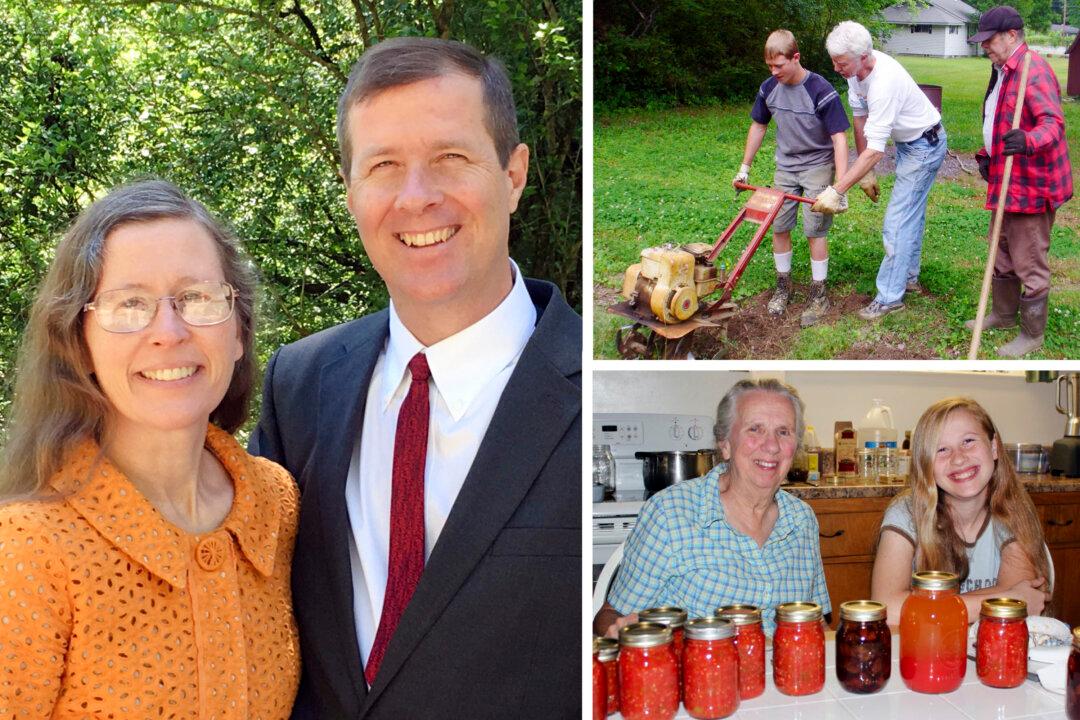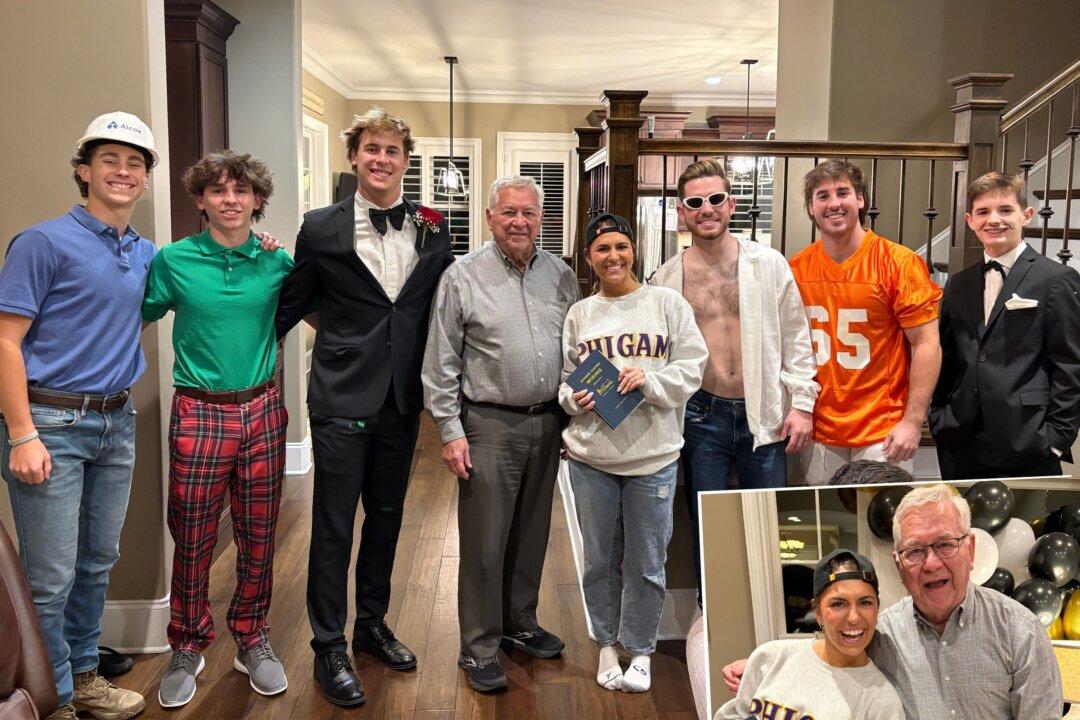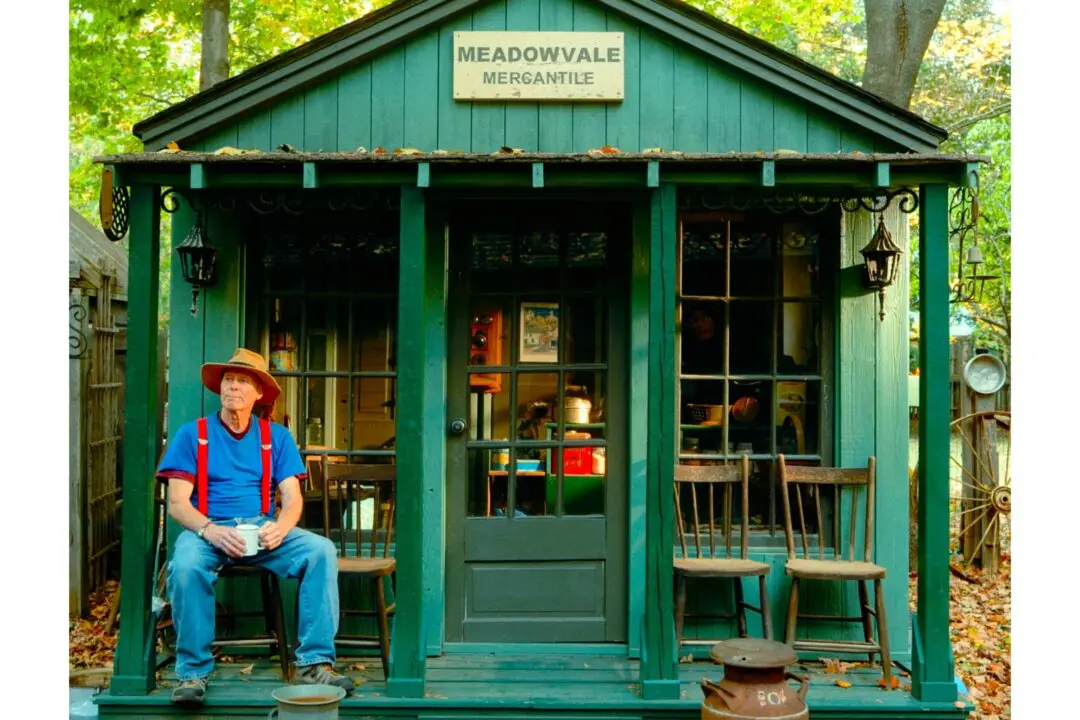Ninety-two-year-old Ray Lane wouldn’t be here if his parents hadn’t listened to their doctor.
Born during the Great Depression, Mr. Lane has accumulated a wealth of lifelong experiences and knowledge—but one of his all-time favorite talks has always been recounting how he was saved from being aborted. Ironically, it happened during the era when abortions were illegal in the United States; a thoughtful doctor successfully counseled Mr. Lane’s parents to not terminate the pregnancy.

